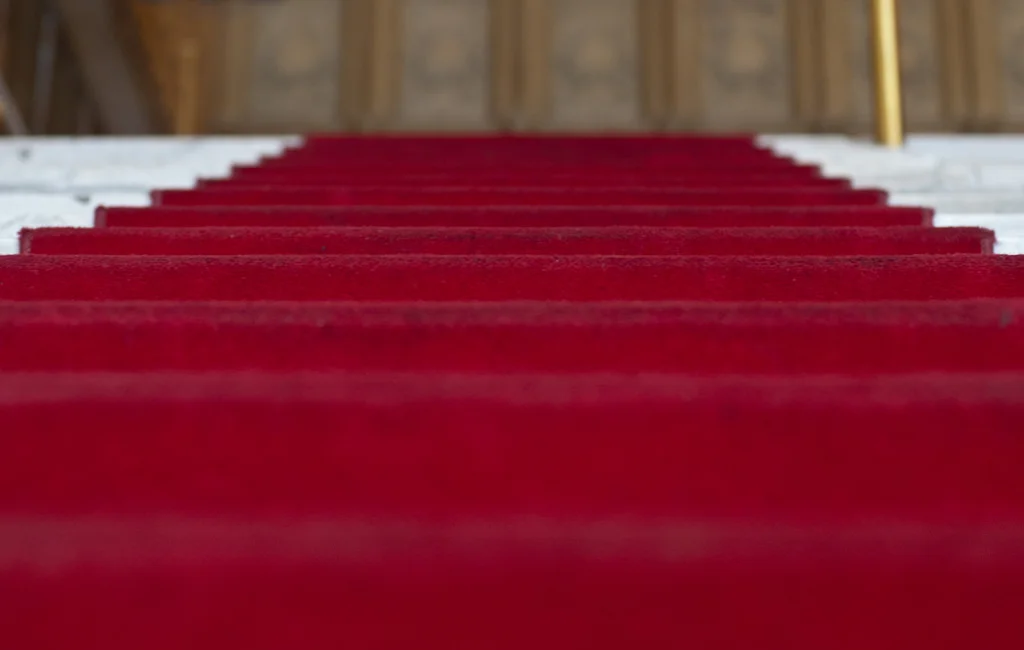Recently I worked on the casting of a commercial for a big building supply company. We’ve worked with this director a number of times and he invited us to the set.
Now if you’ve never been to the set of a commercial or film shoot, it is chaos. Grips, gaffers, set decorators, prop people, special effects artists, make-up and hair people, producers, clients, ADs and PAs—all quickly moving about doing their jobs. It can be confusing and intimidating for the uninitiated.
Amid all this madness, stood little Abby.
Doug having fun with his students in Teens Commercial Class
For this spot, we had put together a family, including 9-year old Abby. She is the daughter of an actor friend and has had an impressive career for a girl her age: a dozen or so commercials, as well as a TV series and a film or two. She has been influenced by her father, of course, and took some kids’ acting classes. But mostly, she is very natural.
I watched young Abby as she stood on the set. Crew members moved all around but her whole focus was on the director, who stood a few feet away giving her instructions. Makeup people scurried around her as he finished his direction, making last touches. Then, the first AD called for quiet, the cameras rolled and the director called action. Calmly and deliberately she did what the director had asked of her. After they cut, she was shown back to her holding area where she resumed working with the set teacher.
You see, Abby is just the kind of child that directors and agencies want to work with: focused, calm, talented and professional. And it only makes sense. When you’re spending anywhere from 10 to 25 thousand dollars an hour on a shoot, you can’t afford the extra time it takes to deal with people who are unprepared or intimidated.
Now, there are thousands upon thousands of cute kids out there. And a lot of them want to be actors. But from casting commercials, TV and film for over 25 years, I can tell you for sure that most of the kids I see auditioning DO NOT know what they are doing. It’s also why kids like Abby book so much work.
I’ll let you in on a little secret: the key to working in commercials is not how well you act; it’s how well you audition.
That is why I teach Kids Classes at Keep It Real Acting Studios. I want my young student actors to be fearless and unintimidated by the audition process. I want them to relax and let their creativity and talent flow. And there is really only one way to do that: show them what to expect and how to handle it. Then have them practice it again and again, until it becomes second nature.
Eventually the kids’ personalities start coming through in their auditions and at that point, I know they are ready.
Doug Traer is an accomplished actor and casting session runner. He currently teaches Teens Commercial Class at KIRA. In 2015, his class won Favorite Youth Acting Class in the Backstage Readers' Choice Awards.












